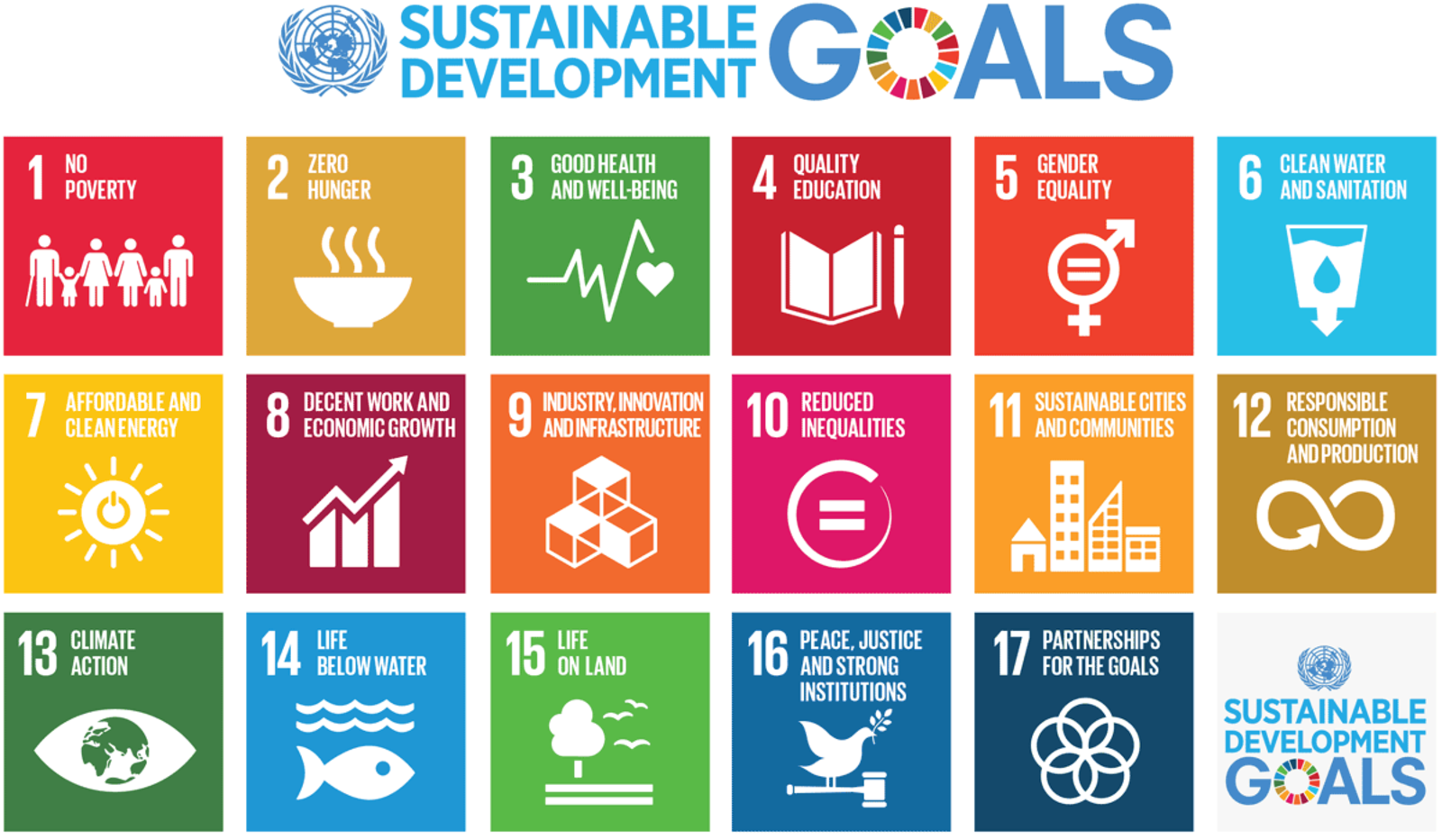Can organizations claim carbon neutrality by offsetting their emissions?
The short answer is no. Offsetting carbon emissions to claim carbon neutrality is not possible at company level; however, an individual or an organization can contribute to reaching global carbon neutrality by supporting emission reduction projects. Here is why.
Misuse of carbon offsetting
Purchasing carbon credits on the voluntary carbon market has been considered as a way for organizations to claim carbon neutrality; however, carbon credits do not neutralize companies’ emissions.
For a long time, organizations have considered carbon offsetting as a way to show they are committed to sustainability and engaged in fighting climate change, without actually making any real commitments to reduce their greenhouse gas emissions. Purchasing carbon credits and claiming to be carbon neutral has therefore been highly criticized by environmental NGOs and has been referred to as
greenwashing.
Criticisms have been based on the following arguments:
- Carbon offsetting does not demonstrate any emission reduction effort;
- Being carbon neutral paves the way for sustainability claims, but is closer to greenwashing than actual emission reduction efforts;
- Carbon offsetting is considered a way to pay in order to pollute.
The combination of these elements has given carbon offsetting (also referred to as carbon compensation) a negative reputation, emphasized by an ambiguous terminology.
The concept of carbon offsetting lacks a common definition and encompasses several notions, such as emission avoidance and sequestration, the prior referring to emissions that did not occur and the latter to an increase in absorption capacity. Carbon offsetting to achieve carbon neutrality belongs to a wording system that demonstrates no scientific validity. Today, carbon neutrality cannot be reached at a corporate level (no clear definition nor scientific evidence); however, companies can contribute to the global carbon neutrality goal.
Terminology is key as it shapes the way people think and that is the reason why it is urgent to move away from carbon offsetting and start talking about climate contributions.
Why is climate contribution different?
Adopting a new terminology system regarding the mechanism of climate contribution provides more clarity regarding the concepts that it refers to and its actual environmental and social impacts. Terminology shapes the way people think.
Talking about climate contributions instead of carbon offsetting is based on the recommendation of the Net Zero Initiative (NZI) (1), an initiative supported by ClimateSeed, launched by Carbone4. The NZI defines climate contribution through the support of emission reduction projects, which is crucial to attain by mid-century for a net-zero future to tackle climate change. An increasing number of companies are aligning with the net-zero future and setting objectives to reach carbon neutrality.
With this approach, a company, a product or a service cannot be carbon neutral per se, but can contribute to achieving global carbon neutrality.
Through the NZI, a unique group of international companies are working to define the best framework and methodology for defining carbon neutrality and encouraging the trajectory to reach net-zero emissions.
Climate contributions are defined as a tool to accelerate the efforts to remain within a 1.5°C global warming, but cannot replace any emission reduction efforts. Climate contributions should be perceived as a step that complements emission reductions practices, which are the first step every organization should take, after measuring its emissions.
The concept of climate contributions goes beyond the environmental benefits, carbon absorption or avoidance, and implies other benefits, which are as important as the environmental benefits generated. As such, climate contributions support the achievement of
the United Nations Sustainable Development Goals (SDGs), which include positive social benefits, biodiversity, gender equality, among others. This demonstrates a vision of sustainability that goes beyond environment and that is linked with social benefits.
The approach suggested by the Net Zero Initiative overcomes barriers related to carbon offsetting:
- Companies cannot claim that they are carbon neutral, but should say that they contribute to global carbon neutrality;
- The Net Zero Initiative considers climate contribution to be an additional tool for companies to use to enhance their positive impact, but has to be combined with an emission reduction strategy;
- The climate contribution mechanism itself is not sufficient to remain within a 1.5°C global warming pathway, but is needed along with reduction efforts to achieve this target.
ClimateSeed's premium carbon removal and avoidance projects
ClimateSeed encourages all organizations to take this practice into account and helps its clients to communicate effectively about their climate contributions. At ClimateSeed, we offer both removal and avoidance projects in our portfolio. We have dedicated experts that ensure projects are of the highest quality, and have passed our robust three-level verification process. Our unique approach maximizes your positive environmental and social impacts, and offers risk mitigation backed by top-tier financial expertise.
Contact us for more information.
Want to find out more? Watch our webinar on the subject.

(1)Net Zero Initiative - Diving into the Net Zero Initiative Guidelines" : https://www.carbone4.com/publication-referentiel-nzi/?lang=en






